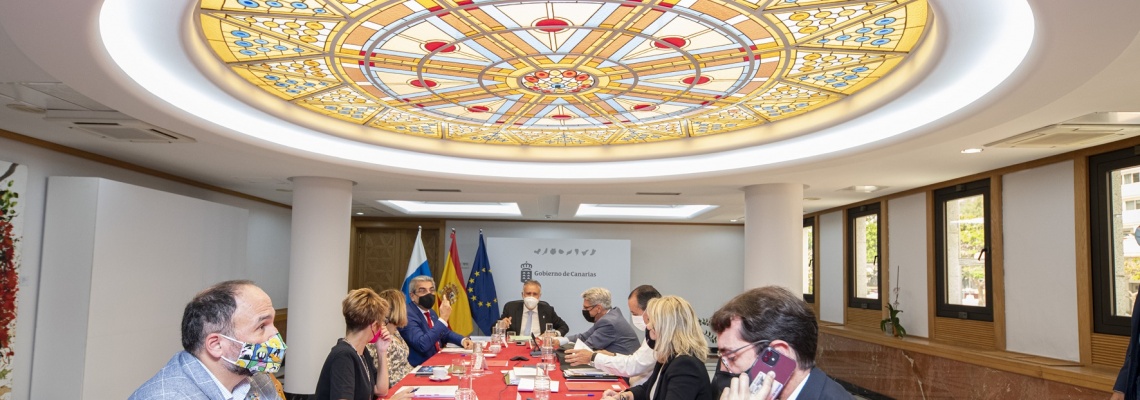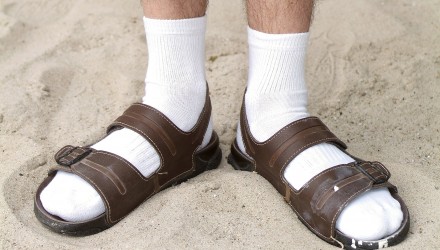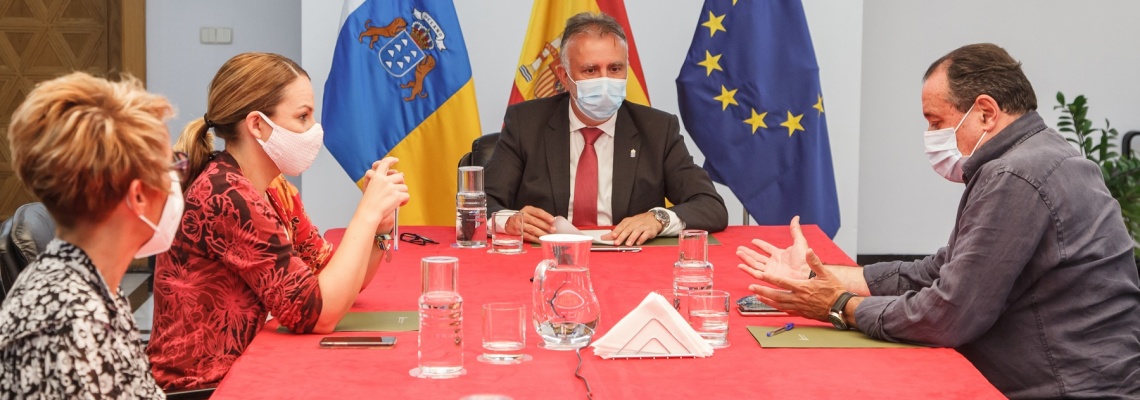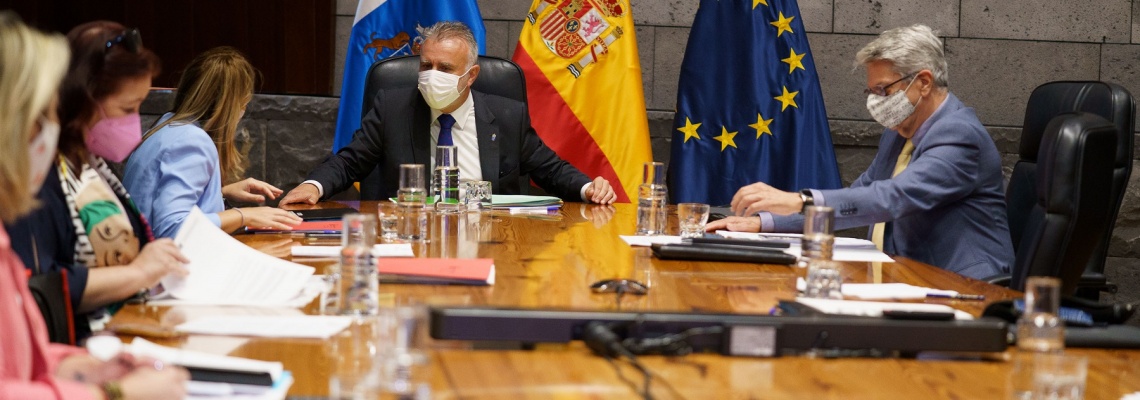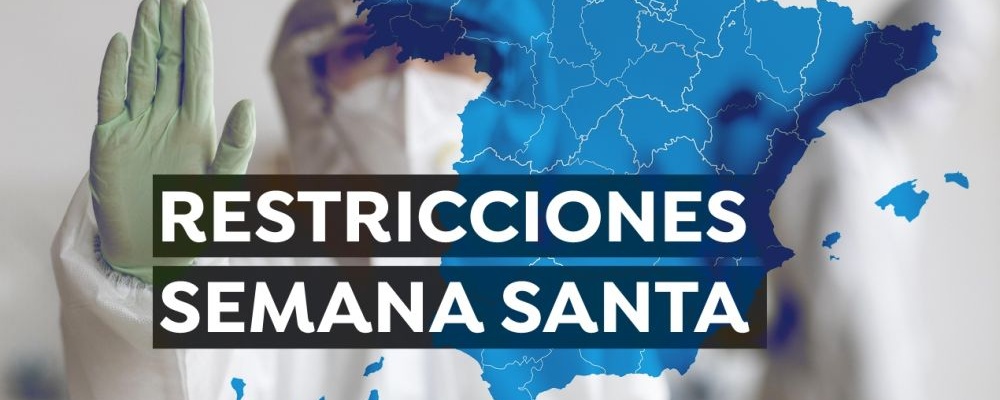On Thursday 10th June 2021, the Canarian Government finally approved longer opening hours for Nightclubs, Cocktail Bars and Karoke establishments on islands in Alert Level I from last night.
These establishments may stay open until 2am if they comply with additional measures such as limited occupancy, adequate ventilation (inside and outside) and register customer contact information to allow the authorities to track possible contagion for at least thirty days. The islands that are currently at Alert Level I are Fuerteventura, Gran Canaria, Fuerteventura, La Palma, La Gomera and El Hierro.
Maximum occupancy per table is fixed at 10 persons (exterior) and 4 persons (interior). All food and drink must be consumed at the table with customers correctly seated and maintaining the 2m security distance. Masks must be used at all times except when eating or drinking.
Since dancing is still not on the approved list of activities, the establishments must either tape off the dance floor or place tables on it without exceeding maximum occupancy.
The good news is that other establishments in the hospitality sector may remain open until 2am as well if their opening licence allows.
Other social activities such as leisure and sporting events with less than 750 in attendance may also gather without the need to request prior authorization from the Canarian Health Services.
These new measures will be published in the Canarian Bulletin and it looks as though more restrictions will be lifted on 18th June 2021. Hopefully these are positive steps toward this “new normal” we keep hearing about.

